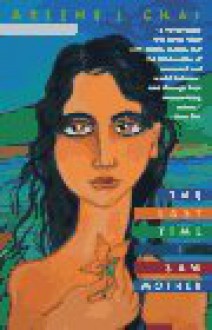"My mother never writes. So when the mail arrived that day, I was not expecting to find a letter from her. There was no warning."Between generations of women, there are always secrets--relationships kept hidden, past events obscured, true feelings not spoken. But sometimes the truth is so primal...
show more
"My mother never writes. So when the mail arrived that day, I was not expecting to find a letter from her. There was no warning."Between generations of women, there are always secrets--relationships kept hidden, past events obscured, true feelings not spoken. But sometimes the truth is so primal it must be told. Now, with haunting lyricism and emotional clarity, Arlene Chai has written an exquisite novel about a family of women who break their silence. At the center of The Last Time I Saw Mother is the singular story of a woman who suddenly learns she is not who she thinks she is.Caridad is a wife and mother, a native of the Philippines living in Sydney, Australia. Out of the blue Caridad's mother summons her home. Although she is not ill, Thelma needs to talk to her daughter -- to reveal a secret that has been weighing heavily on her for years.It is a tale that Caridad in no way suspects. She stopped asking questions about the past long ago; her mother's constant reluctance to answer finally subdued her curiosity. Now, it is through the words of Thelma, her aunt Emma, and her cousin Ligaya, that Caridad will learn the startling truth and attempt to recapture what has been lost to her. Arlene Chai tells their versions of the story in their own voices, each one distinct, moving, and magical. As each woman tells her part of their family's hidden history, Caridad hears at last the unspoken stories--the joys and sorrows that her parents kept to themselves, and the never forgotten tragedy of the war years, when Japan's brutal occupation and civilian deprivations helped destroy a country and its history. The Last Time I Saw Mother is about mothers and daughters. It is about a cultural identity born of Spanish, Chinese, and Filipino influence. And it is about the healing power of truth. Arlene Chai is one of the most stunning new novelists in years. She takes us to a place we have never been before.
show less

